How Gen Z is shaping what meaningful work looks like for all workers
The psychological contract hasn’t just shifted around where we work. It has shifted, and continues to shift, around the entire relationship between organizations and employees. That shift in expectations feels most dramatic when we look at Gen Z, the latest entrants to the workforce. More than 40% of Gen Z employees have refused a work assignment because of ethical concerns. Nearly four in 10 have turned down a job with a company that doesn’t align with their values. In the workplace, they are driving the conversation around social justice, mental health, and work-life balance. More than 90% of workers say they’ve been influenced by Gen Z on issues of meaning at work, and more than six in 10 say Gen Z has made them more likely to speak up when they don’t approve of something at work. Career Stage vs. Generational Differences Some of the generational differences we’re experiencing are just career stage differences. While the Three C’s of meaningful work—community, contribution, and challenge—are important for everyone, different people will value different sources of meaning more highly. In particular, those newer to the workforce tend to want opportunities to learn and grow. Jennifer Deal, who has studied generational changes at work for many years, says, “When people talk about generations, what they do is they think about lumps of people cohorts that were born at a particular time, and that doesn’t really have as much of an effect in the workplace as does life stage, career stage, and level in the organization. Young people want to be challenged. While you should focus on all Three C’s for everybody, you might want to put more weight on challenge for people who are new to the workforce and weigh things differently for people who are middle or later career.” Other generational differences, however, represent a shift in employees’ expectations of organizations and their leaders. Arthur Brooks shares, “Every year I teach Harvard MBA students about happiness and its unique relationship to leadership. These students are almost all destined for tremendous success as measured in worldly terms: money, prestige, and power. To most people in our society, this seems like a dream come true and the secret to happiness. Yet each year, when I speak to my MBA students—both in class and in private office hours—many are concerned. Are they truly on the path to happiness because of their near-certain success? They talk to alumni who complain about workaholism, broken relationships, and trouble finding passion. This provokes a lot of anxiety about meaning.” What Gen Z can teach In our consulting work, we’re frequently called in to help leaders navigate the divide between younger and older employees. We commonly hear things like, “These kids just don’t want to work.” We find it more accurate to say, “These kids don’t want to work the way you did.” While younger employees of course have a lot to learn, we believe this generation also has some things to teach. As we move toward a new, better model of work, this rising cohort is challenging many long-held ideals and broken structures. They aren’t encumbered by the old system because they haven’t invested in it. Kahlil Shepard, a Gen Z worker, says, “I want to do things that matter. I want to feel like I’m constantly evolving. I want to work at a place where leaders are facilitating not just my growth broadly but also my ability to live out my values in the world.” Leaders can, and should, challenge this cohort to temper their ideals with practical realities. At the same time, leaders have an opportunity to take their aspirations of a better model and help bring it to life. This requires leaders to unlearn some of the meaning-killing behaviors that are a part of the old model and adopt better ways of working. The future holds the promise of better work for all of us. We all want meaningful work—work that builds community, that contributes to others, and that challenges us to grow. As a leader, you have far more influence than you think in creating this meaning for others. Small moments of meaning can create ripples that reach our families, friends, and neighbors. The impact of these moments can extend far into the future. We believe that now and into the future every job can, and should, be meaningful with the help of a great leader. We believe that leader is you. What if all jobs were meaningful? Imagine a world where every job is designed to be sustainable and fulfilling. Where jobs offer not just a paycheck but also a sense of contribution. Imagine work environments that prioritize relationships and connections over mere transactions. What if every employee was valued not as a temporary fix or a number on a balance sheet but as a crucial, long-term contributor to the organization’s success? Imagine a world where earning a living did not come at the cost of living a meaningful life. How would this shift in work impact our organizat

The psychological contract hasn’t just shifted around where we work. It has shifted, and continues to shift, around the entire relationship between organizations and employees. That shift in expectations feels most dramatic when we look at Gen Z, the latest entrants to the workforce.
More than 40% of Gen Z employees have refused a work assignment because of ethical concerns. Nearly four in 10 have turned down a job with a company that doesn’t align with their values. In the workplace, they are driving the conversation around social justice, mental health, and work-life balance.
More than 90% of workers say they’ve been influenced by Gen Z on issues of meaning at work, and more than six in 10 say Gen Z has made them more likely to speak up when they don’t approve of something at work.
Career Stage vs. Generational Differences
Some of the generational differences we’re experiencing are just career stage differences. While the Three C’s of meaningful work—community, contribution, and challenge—are important for everyone, different people will value different sources of meaning more highly. In particular, those newer to the workforce tend to want opportunities to learn and grow.
Jennifer Deal, who has studied generational changes at work for many years, says, “When people talk about generations, what they do is they think about lumps of people cohorts that were born at a particular time, and that doesn’t really have as much of an effect in the workplace as does life stage, career stage, and level in the organization. Young people want to be challenged. While you should focus on all Three C’s for everybody, you might want to put more weight on challenge for people who are new to the workforce and weigh things differently for people who are middle or later career.”
Other generational differences, however, represent a shift in employees’ expectations of organizations and their leaders. Arthur Brooks shares, “Every year I teach Harvard MBA students about happiness and its unique relationship to leadership. These students are almost all destined for tremendous success as measured in worldly terms: money, prestige, and power. To most people in our society, this seems like a dream come true and the secret to happiness. Yet each year, when I speak to my MBA students—both in class and in private office hours—many are concerned. Are they truly on the path to happiness because of their near-certain success? They talk to alumni who complain about workaholism, broken relationships, and trouble finding passion. This provokes a lot of anxiety about meaning.”
What Gen Z can teach
In our consulting work, we’re frequently called in to help leaders navigate the divide between younger and older employees. We commonly hear things like, “These kids just don’t want to work.” We find it more accurate to say, “These kids don’t want to work the way you did.”
While younger employees of course have a lot to learn, we believe this generation also has some things to teach. As we move toward a new, better model of work, this rising cohort is challenging many long-held ideals and broken structures. They aren’t encumbered by the old system because they haven’t invested in it.
Kahlil Shepard, a Gen Z worker, says, “I want to do things that matter. I want to feel like I’m constantly evolving. I want to work at a place where leaders are facilitating not just my growth broadly but also my ability to live out my values in the world.”
Leaders can, and should, challenge this cohort to temper their ideals with practical realities. At the same time, leaders have an opportunity to take their aspirations of a better model and help bring it to life. This requires leaders to unlearn some of the meaning-killing behaviors that are a part of the old model and adopt better ways of working.
The future holds the promise of better work for all of us. We all want meaningful work—work that builds community, that contributes to others, and that challenges us to grow. As a leader, you have far more influence than you think in creating this meaning for others.
Small moments of meaning can create ripples that reach our families, friends, and neighbors. The impact of these moments can extend far into the future. We believe that now and into the future every job can, and should, be meaningful with the help of a great leader. We believe that leader is you.
What if all jobs were meaningful?
Imagine a world where every job is designed to be sustainable and fulfilling. Where jobs offer not just a paycheck but also a sense of contribution. Imagine work environments that prioritize relationships and connections over mere transactions. What if every employee was valued not as a temporary fix or a number on a balance sheet but as a crucial, long-term contributor to the organization’s success? Imagine a world where earning a living did not come at the cost of living a meaningful life. How would this shift in work impact our organizations, our society, and our personal well-being?
Making work meaningful is not an item to check off your to-do list. It’s the critical lens through which you must view every decision, interaction, and task. Meaning is created—or destroyed—in daily moments. Every conversation in which you truly listen, every piece of positive feedback you give, and every project you assign that encourages learning and growth don’t just add up—they multiply.
Excerpted from Meaningful Work: How to Ignite Passion and Performance in Every Employee. Copyright © 2025 by Wes Adams and Tamara Myles. Available from PublicAffairs, an imprint of Hachette Book Group, Inc.































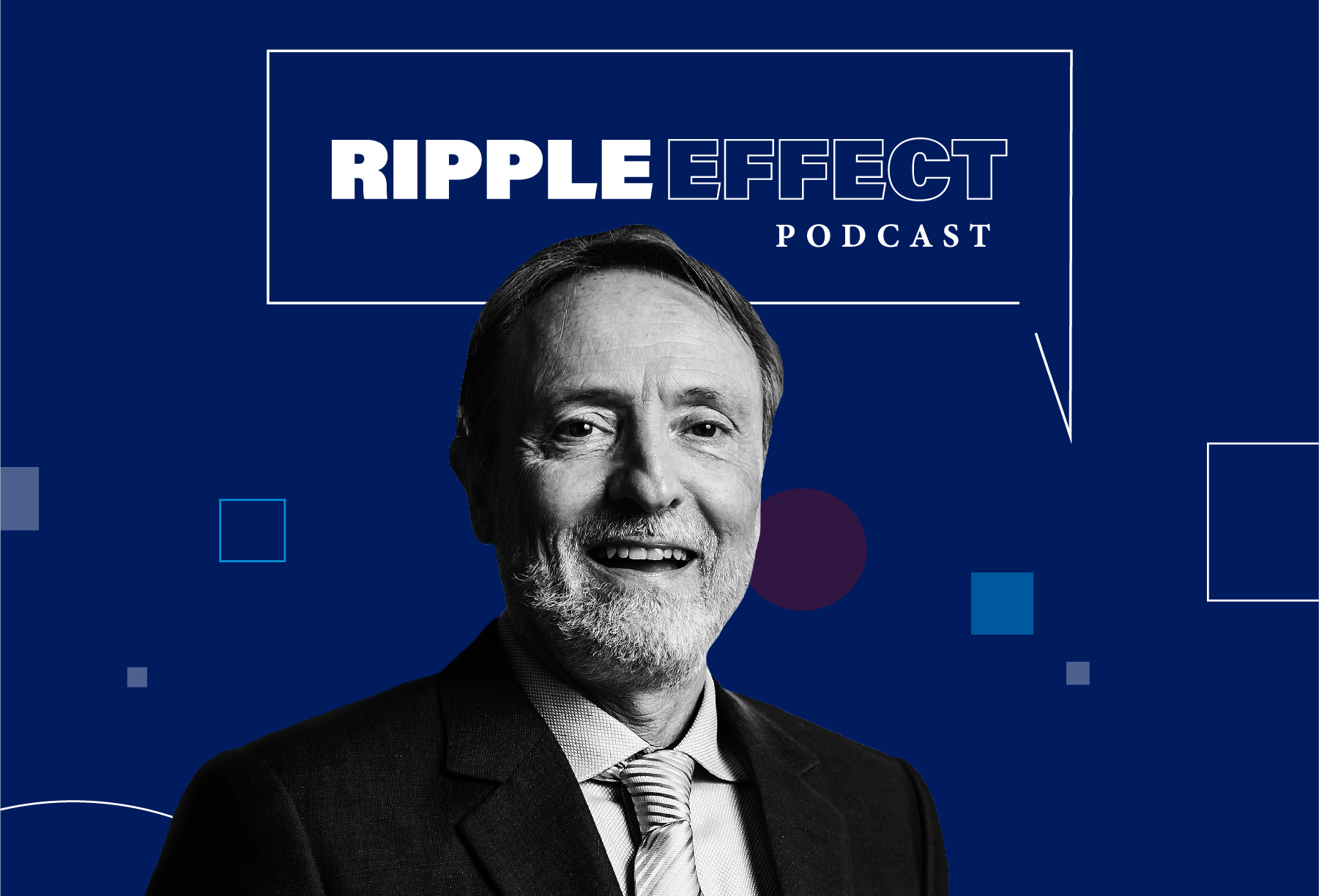








































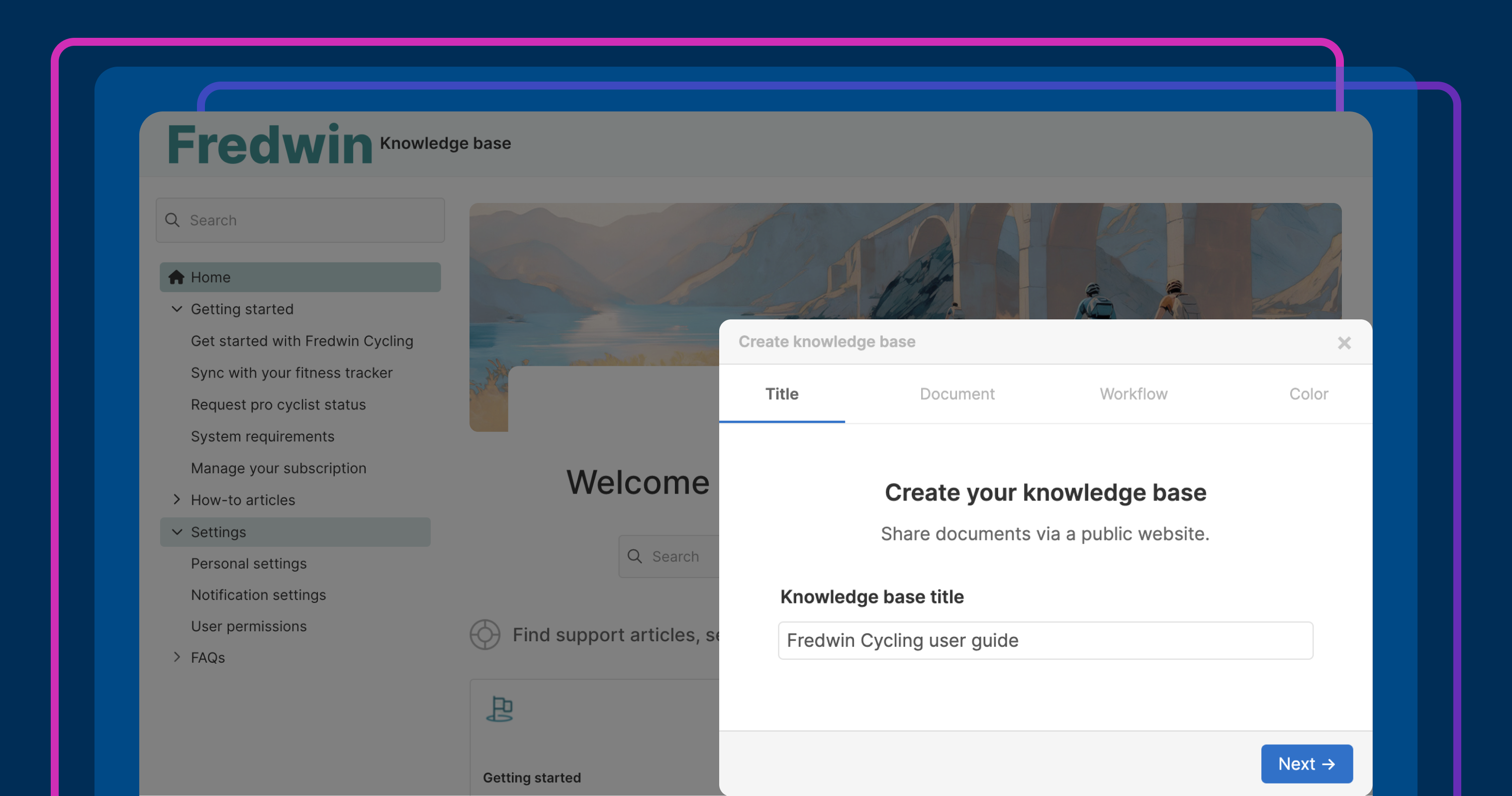
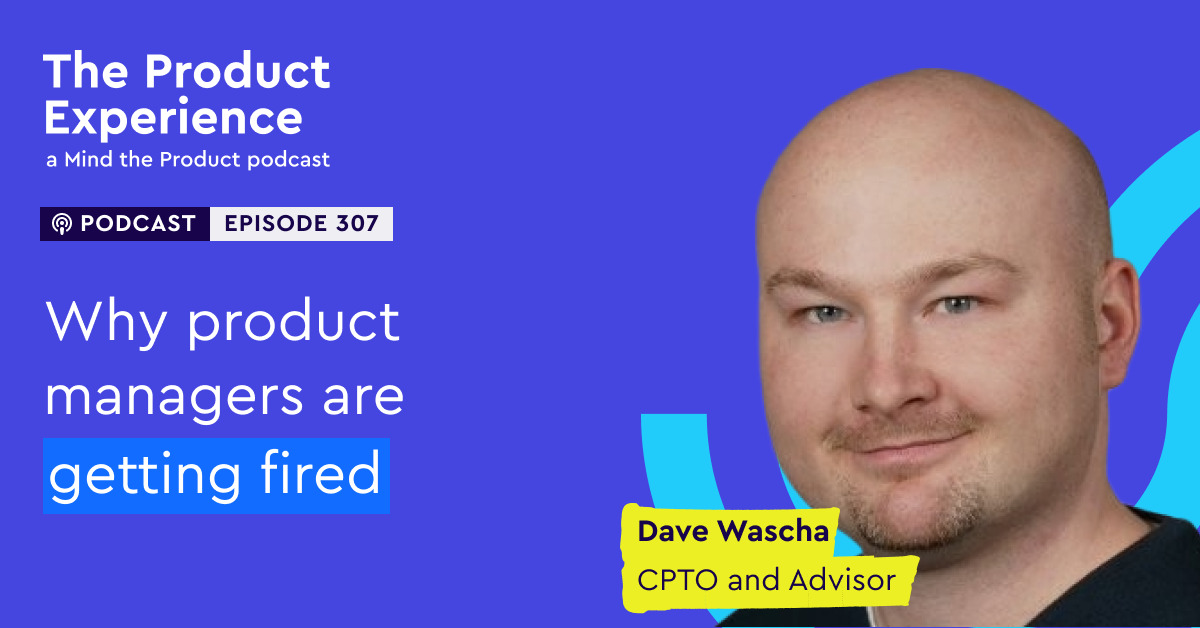
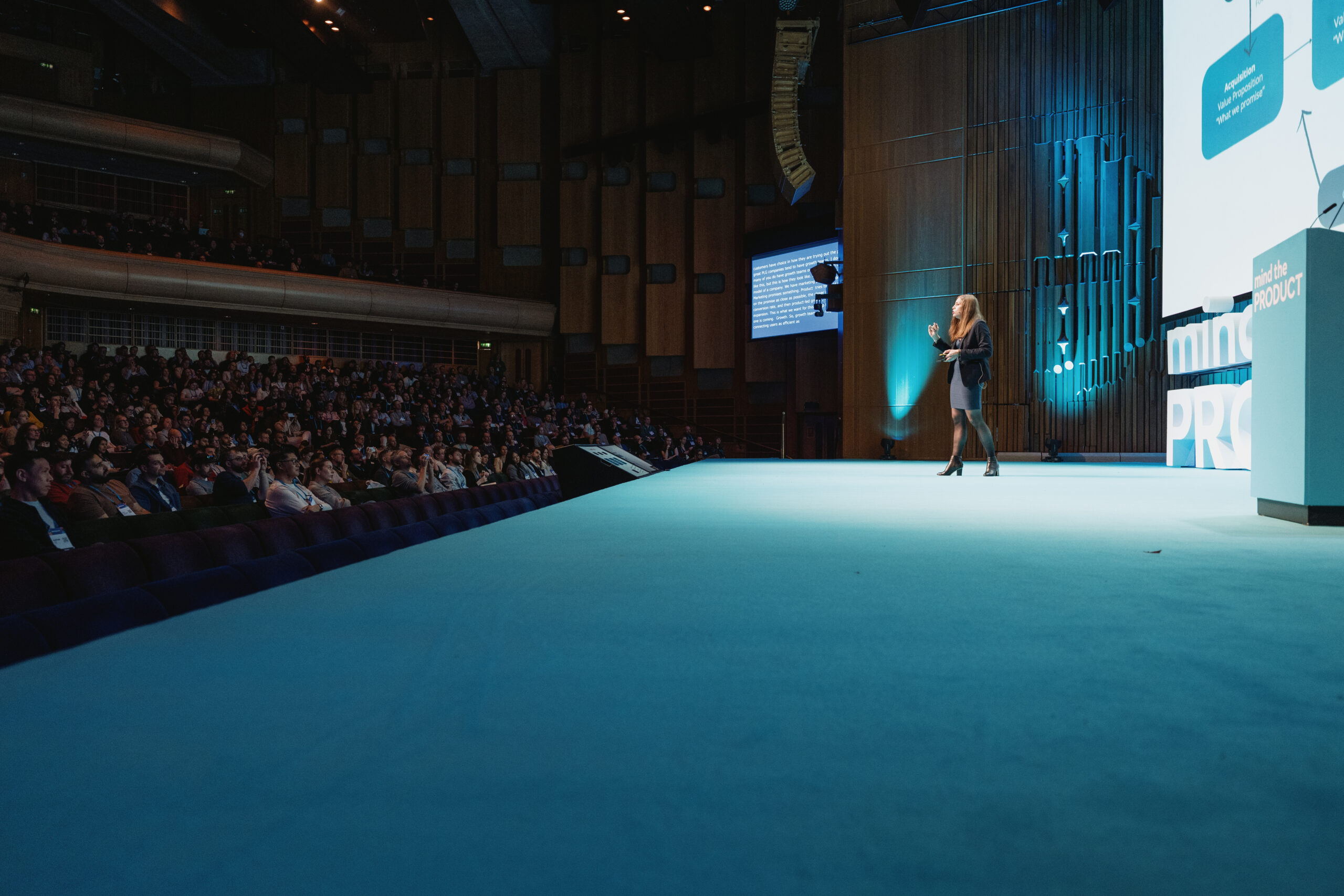
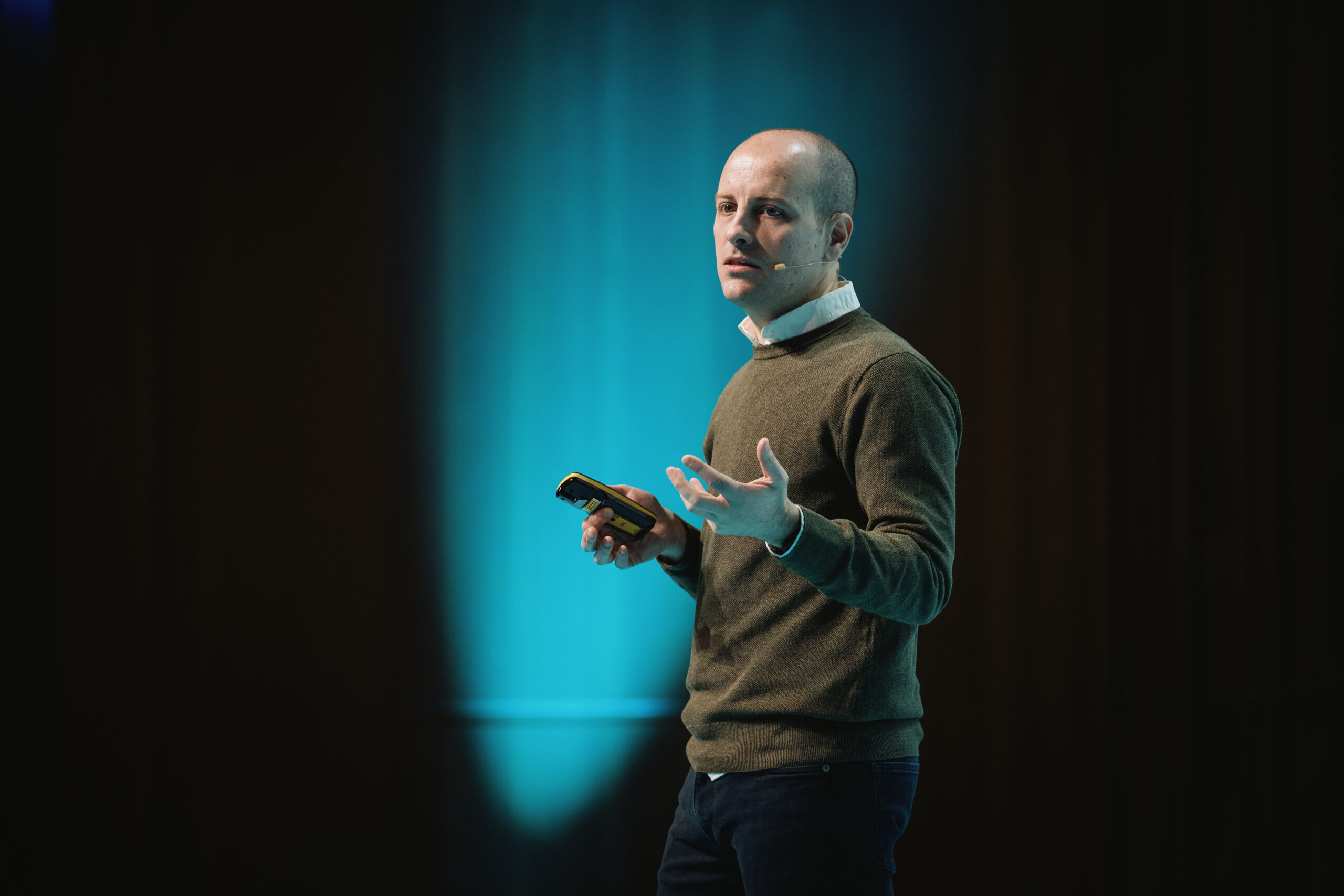
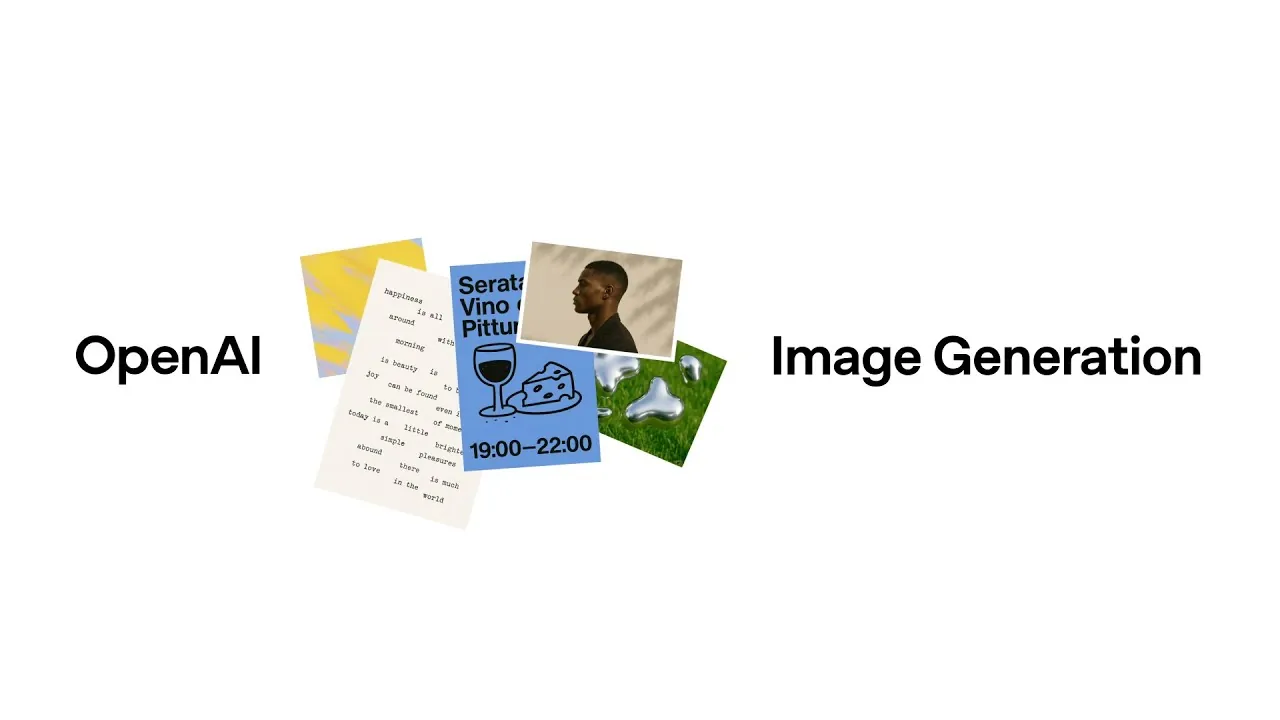


















![Building A Digital PR Strategy: 10 Essential Steps for Beginners [With Examples]](https://buzzsumo.com/wp-content/uploads/2023/09/Building-A-Digital-PR-Strategy-10-Essential-Steps-for-Beginners-With-Examples-bblog-masthead.jpg)



![How One Brand Solved the Marketing Attribution Puzzle [Video]](https://contentmarketinginstitute.com/wp-content/uploads/2025/03/marketing-attribution-model-600x338.png?#)






![How to Use GA4 to Track Social Media Traffic: 6 Questions, Answers and Insights [VIDEO]](https://www.orbitmedia.com/wp-content/uploads/2023/06/ab-testing.png)








![[Hybrid] Graphic Designer in Malaysia](https://a5.behance.net/920d3ca46151f30e69b60159b53d15e34fb20338/img/site/generic-share.png)






















